Tesla has acknowledged areas for improvement with how it works with fleets after concerns have been raised about the brand by multiple UK operators.
Some have already walked away from the brand, while others are considering defleeting its vehicles due to how the business works with fleet managers.
The frustration often lays with how Tesla wants to have a direct relationship with the company car driver, with fleet managers often left in the dark about service, maintenance and repair (SMR).
A newcomer to the industry, Tesla has quickly become a top five fleet manufacturer in the UK and the Tesla Model Y was the most popular company car last year.
However, it told Fleet News that there are still some areas it is “figuring out”, but that it liked to approach things differently from the established mainstream.
It said it is no stranger to negative feedback due to its position as a disruptor and that it’s in the brand’s DNA to “ruffle some feathers sometimes”.
One major UK fleet, which wished to remain anonymous, has already removed Tesla from its choice lists due to its concerns around vehicle off road (VOR) time, servicing and telematics.
“We felt Teslas put our drivers in situations where they would be waiting too long for their vehicle back should they have an incident out on the road,” said the fleet decision-maker. “There were long lead times on simple things like windscreen replacements.
“We also have aftermarket telematics installed as part of our fleet policy and Tesla was adamant to say we wouldn’t be able to use it.
“As a result, we made the decision not to keep them on our fleet programme or work with them as a supplier.”
Tesla says that since 2019 its Model 3 and all Model Y cars have OBD ports (on-board diagnostics) that do accept third-party telematics systems.
The business said that while it would prefer fleets to use Tesla’s own fleet API (application programming interface) for telematics data, any telematics system that is compatible with an OBD will work.
Another fleet manager, operating hundreds of electric vehicles (EVs) on fleet, told Fleet News: “We’ve walked away from Tesla due to the aftersales experience and the fact they were unwilling to cater to the fleet customer.
“We could be waiting up to two months for a windscreen repair or body repair. We can’t use our trusted bodyshop partners, we have to use a Tesla approved one because Tesla won’t sell the parts to our preferred supplier.”
However, Tesla said that while it would prefer for body repairs to go through its Tesla Approved Bodyshop network (TAB), there are “no restrictions at all” on fleets.
The brand said fleet operators can pick their own body repair centre and there is a parts catalogue online that any repairer can buy parts from if they need to.
Tesla said that overall, the average service time from key to key in the UK is 35.7 hours.
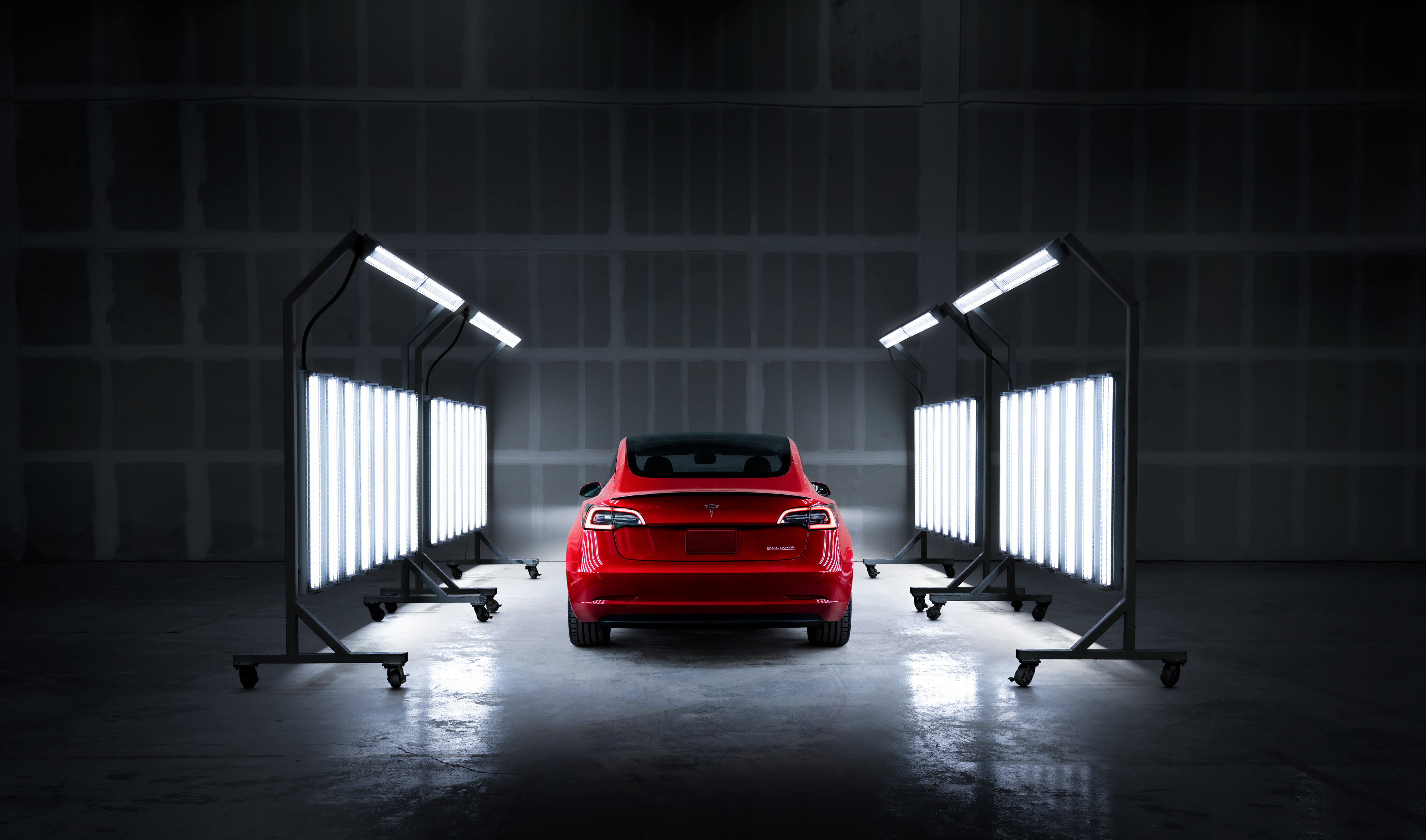
In terms of body repairs, the Tesla body repair centre in Dartford, which is wholly owned by the brand - the key for key time there is 21 days.
The business also has Tesla Approved Bodyshop at 65 locations.
It also said that 82% of all service customers are handled within 24 hours and 50% of services are carried out by its mobile technicians.
Tesla said it recognises that the control of the TABs “are somewhat out of our hands, but we monitor them to put our stamp of approval on them”, adding that if standards are not met, “we’ll remove them from the network, so a bad apple doesn’t spoil the bunch”.
Tesla is expanding its wholly-owned body repair network with a location in Wolverhampton in Q2 and another in Greater Manchester before the end of 2024.
Communication with drivers
Several fleets have also grown frustrated with how communication to drivers is through the Tesla app and there’s a lack of visibility for fleet managers to know what is happening.
Tesla acknowledged there are areas the business can improve on in terms of the way it works with fleets.
While it said it shares information directly with leasing companies from the app, it said it would like to develop something that gives better visibility to fleet managers to help with managing their fleets.
One fleet said: “Every time we spoke to Tesla about our concerns around the way things worked, they would be sympathetic, but nothing ever changed.”
Another fleet, with hundreds of Tesla company cars, told Fleet News “it just feels like they don’t care about fleet”.
“Tesla is a retail brand only and their customer is the driver,” they added. “The fleet account managers will tell you one thing, but it feels as though the wider Tesla machine is not interested in changing the way it works to help fleets.
“We have fed back our issues and for whatever reason it’s not getting through when it’s passed higher up.”
The same fleet said it has experienced pushback about the desire to move away from Tesla due to the popularity and reliability of its Supercharger network with higher mileage company car drivers.
However, the fleet manager said: “It’s getting to the point now where we’re so frustrated as a fleet department and Tesla is creating so much noise as a percentage of the brands we work with that for us as an organisation that we can’t continue.”
Deliveries and cancelled orders
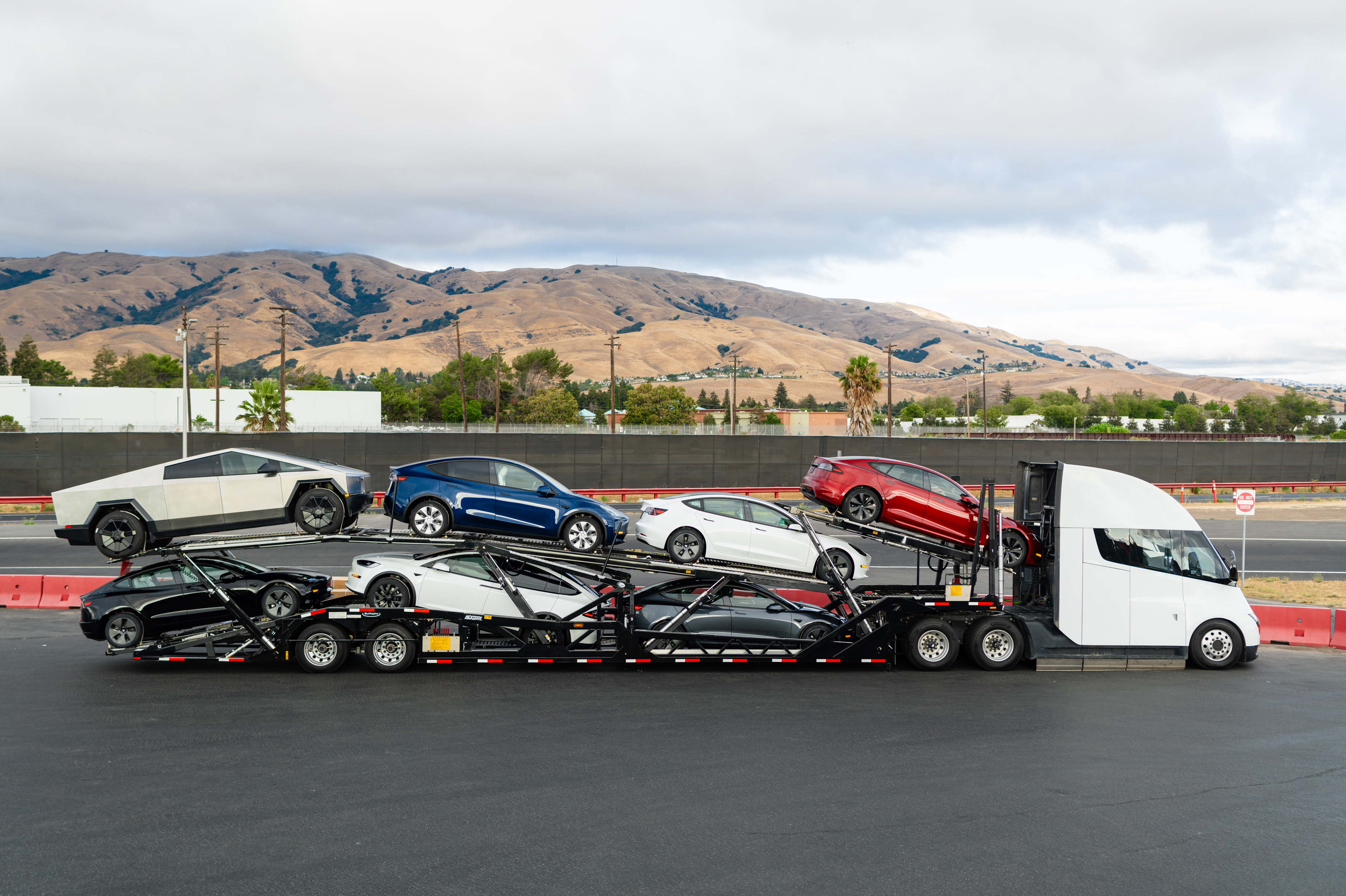
The same fleet has seen Tesla orders being cancelled when vehicle availability and the scheduled delivery date no longer align.
In this scenario, a fleet would have agreed in advance with the brand and leasing company when the new Tesla order would be delivered.
The driver’s previous vehicle defleet date would be worked to coincide with this Tesla delivery date.
However, the fleet has had numerous occasions where a vehicle has been available to the driver early, but because they are still in their previous car, they are unable to take delivery.
The fleet manager said: “Instead of holding the vehicle or pausing the delivery, the order gets cancelled by Tesla.
“We have to reorder and wait again. As it was cancelled it means we’re subject to any price changes too.
“As fleets we’re trying to avoid early termination fees on lease contracts so we can’t just drop drivers out of vehicles before it’s time. When orders get cancelled, we’re often blamed by the driver and we’re in a position where we need to find a replacement vehicle quickly.”
Tesla said it is working on tools to be more flexible on reallocating orders “so we can swap what has been matched to a customer”.
It is working on creating a “smoother process and flattening the curve or when inventory cars are coming into the country to try and ease that pain point”.
Gavin Clisby, head of operations at Ogilvie Fleet, told Fleet News that his experience of the brand had been positive. “We are not experiencing any issues around service bookings and we have found Tesla to be one of our better brands to work with on this, mostly due to the product very rarely going wrong and when it does, it can be fixed with a reset the driver carries out themselves,” he said.
“For booking we still advise the drivers to carry this out through the Tesla App and again we have very few if any issues reported.”
Tesla said it would continue to disrupt the market, but there are areas it would like to improve on, including communicating on what it can offer and that it is listening to feedback from fleet customers.

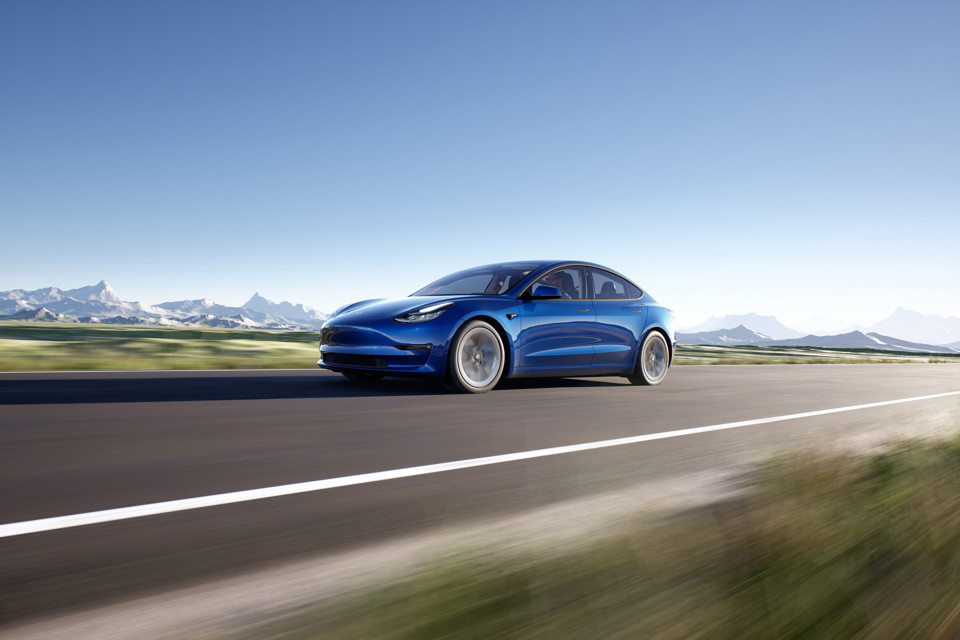





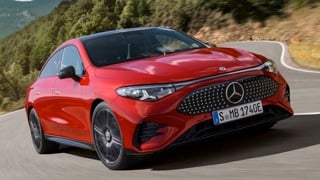










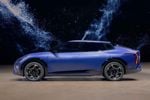



Login to comment
Comments
No comments have been made yet.